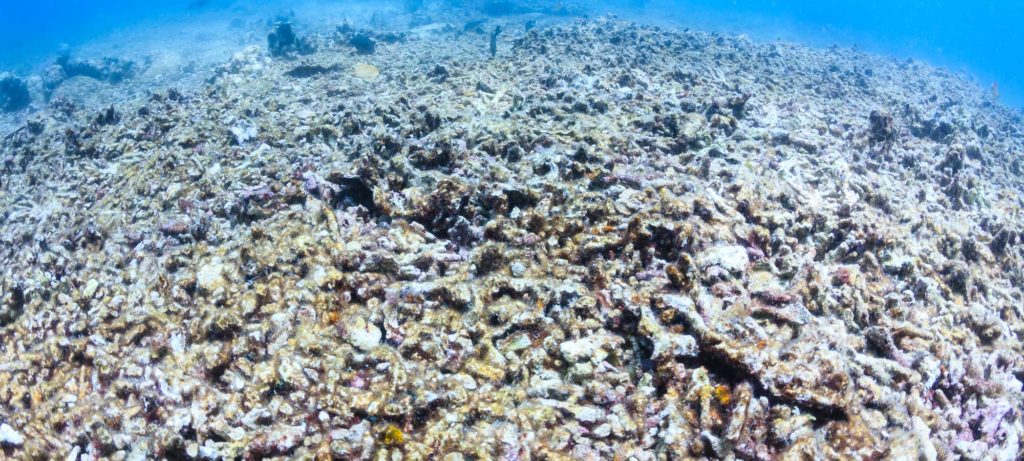Coral reefs are one of the most miscellaneous and valuable ecosystems on Earth, providing habitat for an estimated 25% of all marine life and supporting economies through tourism, fishing, and shoreline protection. However, coral reefs are facing a range of threats, including climate change, overfishing, pollution, and disease, that are causing widespread death and degradation.
Causes of Coral Reefs decline
Global warming & Coral Reefs
The primary cause of coral reef decline is global warming, which leads to a phenomenon known as coral bleaching. As ocean temperatures rise, coral polyps become stressed and expel the colorful algae living within their tissues. Without the algae, the coral turns white, becomes vulnerable to disease, and can die. In recent years, mass bleaching events have become more frequent and intense, devastating coral reefs across the world.

Overfishing
Another threat to coral reefs is overfishing, which can disrupt the delicate balance of reef ecosystems. Overfishing can lead to a decline in herbivorous fish populations, which graze on algae and help maintain coral health. When herbivores are removed, algae can overgrow, smothering coral and reducing its ability to photosynthesize. In addition, fishing practices such as cyanide fishing, dynamite fishing, and the use of destructive fishing gear can physically damage coral and make it more susceptible to disease.
Pollution
Pollution is also a major concern for coral reefs. Contaminants from agricultural runoff, sewage, and industrial waste can increase the levels of nutrients and pollutants in the water, leading to the growth of harmful algal blooms. These blooms can poison coral and other marine life and can also create conditions that are unfavorable for coral growth.
Diseases and Coral Reefs
The disease is another factor that is contributing to the decline of coral reefs. As coral reefs become more degraded, they become more susceptible to disease, which can spread quickly and kill large areas of coral. In addition, the transport of marine organisms and pollutants through shipping and recreational boating can introduce new diseases to vulnerable coral communities.
Prevention
Given the multiple threats facing coral reefs, it is clear that we need to take action to protect and conserve these valuable ecosystems. Here are some steps that we can take to help stop the dying of coral reefs.
Reduce greenhouse gas emissions
Reducing greenhouse gas emissions is indispensable to slow the pace of global warming and protect coral reefs. This can be achieved through energy conservation, renewable energy, and carbon capture and storage technologies.
Implement sustainable fishing practices
Governments, NGOs, and the fishing industry can work together to implement sustainable fishing practices, such as the use of fish aggregating devices, marine protected areas, and catch limits, to help conserve coral reefs and the fish that rely on them.
Reduce pollution
Reducing pollution from agriculture, sewage, and industry is critical to protect coral reefs. This can be achieved through best management practices, wastewater treatment, and the development of alternative energy sources.
Increase public awareness about Coral Reefs
Raising public awareness about the threats facing coral reefs and the importance of conserving these ecosystems is essential to mobilize action and support conservation efforts. This can be accomplished through education and outreach, as well as through media and other forms of public communication.
Support coral reef conservation
Supporting organizations and initiatives that are working to conserve coral reefs is crucial. This can be achieved through donations, advocacy, and volunteer work, as well as through political action and policy change.
Conclusion
In conclusion, coral reefs are facing a range of threats that are causing widespread death and degradation. However, by reducing greenhouse gas emissions, implementing sustainable fishing practices, reducing pollution, increasing public awareness, and supporting coral reef conservation, we can help stop the dying of these valuable ecosystems and ensure their survival for future generations.